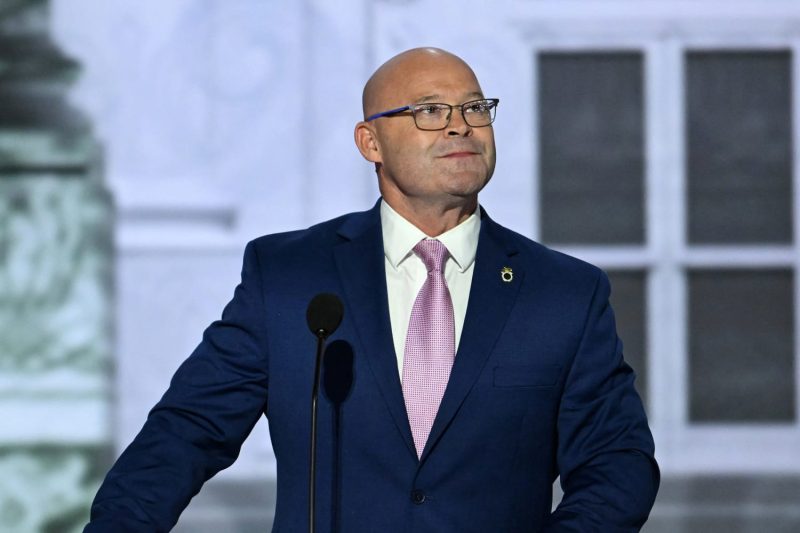The campaign of Kamala Harris seems to be attracting a significant portion of support from labor groups across the United States, marking a substantial boost for the Democratic nominee’s Vice Presidential bid. However, there are a few groups that appear reluctant to extend their backing, introducing a modicum of uncertainty into the equation.
Firstly, it’s worth emphasizing the weight that unions and labor groups carry in American politics. These represent a significant portion of the country’s workforce, and their endorsement or lack thereof can profoundly impact a campaign’s success. Their unity or division could very well determine the future course of America’s socio-economic climate.
Harris, on the back of a formidable career as San Francisco’s District Attorney and California’s Attorney General, has had a significant connection with labor groups throughout her public service tenure, which she has dutifully leveraged in her campaigns. This potential Vice President brings to the table a track record of standing with unions and advocating for workers’ rights, which appeals significantly to the labor sections of society.
High-profile labor groups, such as the American Federation of Teachers (AFT) and National Nurses United, have already declared their endorsement for Harris. AFT President, Randi Weingarten, praised her for always understanding the importance of public education, and the National Nurses United has been unabashedly vocal about its backing for Harris, citing her dedication to Medicare for all.
However, not all labor outfits are keenly jumping on the Harris endorsement bandwagon. A few groups remain on the fence, their reservations tied to various factors. One such organization is the Police Officers Research Association of California (PORAC), which, given Harris’s past disputes with law enforcement over reforms during her time as Attorney General, has yet to extend their endorsement. This showcases the diverse and contradictory opinions that Harris’s candidacy pulls, owing to her multi-faceted political career.
Moreover, The Fraternal Order of Police (FOP), the largest law enforcement labor organization in the U.S., is also yet to declare its stance on Harris’s vice-presidential bid. Several coalitions from more conservative states have also refrained from endorsing the Democratic vice-presidential nominee, possibly pointing to broader political or ideological differences.
In contrast, despite the stance of various police unions, the labor-relations community seems generally favorable to Harris. The American Federation of State, County, and Municipal Employees (AFSCME) President, Lee Saunders, commended Harris for fighting for justice, for working families, and for a better, more equitable America.
Certainly, the divergence of support within labor unions for Harris is intriguing. The holdouts not only highlight the varied reception that the vice-presidential nominee’s policies and past actions have received, they also hint at the many factors that labor groups consider while pledging their support.
In spite of these holdouts, the collective voice of numerous unions and labor groups supporting Harris is becoming increasingly louder. This expansive backing from diverse labor sections, coupled with Harris’s historic nomination, makes for a compelling story as it unfolds in the sphere of American politics.
In the grand scheme of political endorsements, labor unions hold immense sway, and for Kamala Harris, their support means momentum and a bolstered campaign. If more






























